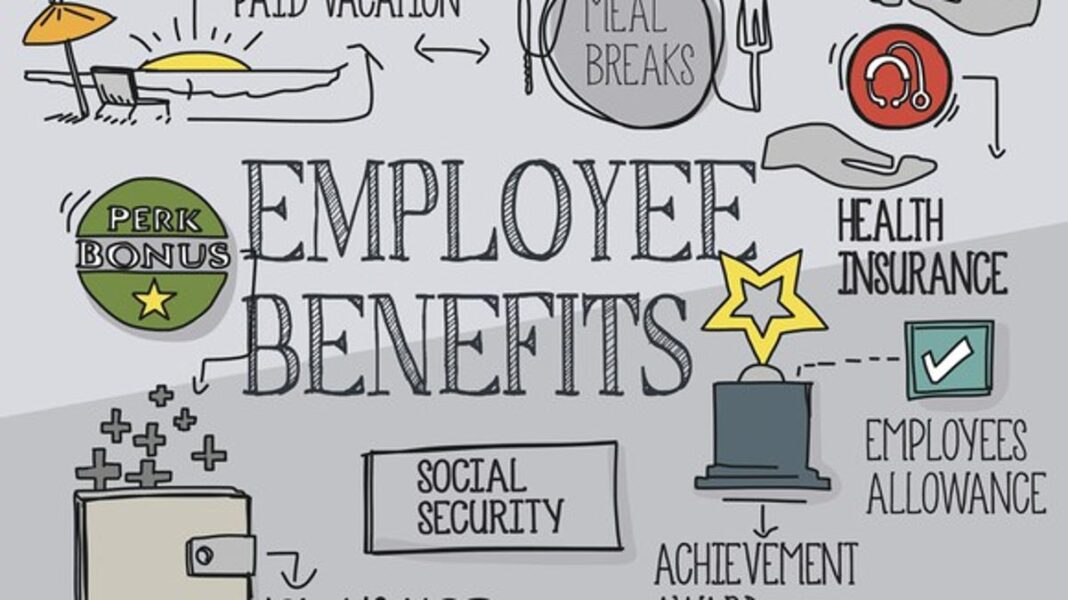Imagine Being Able to Decide How to Use Your 401(k) Match: One Company Is Trying This.
The 401(k) retirement plan is undergoing changes, especially with a new IRS decision allowing workers to decide how to distribute their company’s contributions.
This decision means employees can direct a part of their company’s match toward their 401(k), health reimbursement accounts, or even to pay off student loans.
Although this ruling currently only applies to one specific company that made the request, experts believe it could lead to broader flexibility in 401(k) plans in the future.
“This is incredibly exciting,” commented Emily Irwin, head of advice at Wells Fargo Bank. “From both employer and employee viewpoints, it’s an innovative approach. It empowers employees while still favoring retirement savings.”
What Does This Ruling Entail?
The private letter ruling allows employees at one unnamed company to select at the start of each year how they wish to allocate their employer’s 401(k) match. They can decide to channel funds into their retirement savings, health savings accounts, student-loan repayments, a retiree health-reimbursement plan, or even a mix of these options. If no decision is made, the funds will default to the worker’s retirement account, and employees cannot opt to receive the money in cash.
For other companies interested in offering a similar flexible option, they would need to submit their requests to the IRS separately.
What’s the Significance of Private Letter Rulings?
Private letter rulings can shed light on potential future trends in employee benefits. For instance, a rule in the SECURE 2.0 Act, which allows employers to match employees’ student loan payments with contributions to retirement plans, originally began as a private letter ruling for Abbott Laboratories in 2018.
However, experts caution that not all private letter rulings become set law, and even those that do may undergo significant changes.
“While it’s a promising initiative, there are still many steps to be taken,” Irwin noted.
Is Flexible Company Matching Beneficial for Employees?
“Employees can assess their financial situation and make informed decisions about where to allocate their funds depending on their current life stages,” Irwin explained.
However, it may only truly benefit “a minority, about 2-4% of employees grappling with student or medical debts, rather than most workers,” suggested Steven Conners, founder of Conners Wealth Management. “It’s rare for the majority to be burdened by such debts.”
Are There Downsides for Employees?
When employees direct their company match to needs outside of retirement, they miss out on the benefits of compounding. Compounding refers to the process where an investment’s earnings are reinvested to generate further earnings, thereby exponentially increasing the original investment over time.
“The only downside I foresee is the risk of sacrificing the potential for compounding early in your career,” remarked Irwin. “Choosing to divert funds that could grow in investments toward other goals can be a tough choice.”
Conners emphasized the importance of promptly returning to the default retirement fund if employees decide to allocate money to healthcare or student debt. “You want to ensure a beneficial option doesn’t morph into a negative outcome,” he cautioned. “While this flexibility may provide some relief for those facing medical or student debt, it should be a limited option. Keep the focus on the primary goal, which is preparing for retirement without restrictions.”
One likely advantage is that employees might become more financially savvy. “Workers will need to inform themselves to determine the best place to allocate their money,” Irwin mentioned. “This increased awareness encourages employees to think critically about their financial decisions, embodying a sense of responsibility and pushing them to educate themselves.”
Could Flexible Company Matching Aid Employers?
Experts suggest it might help employers attract talent.
“Workers appreciate options, and if this flexibility is unique to one company, it can positively impact recruitment,” Irwin noted.

